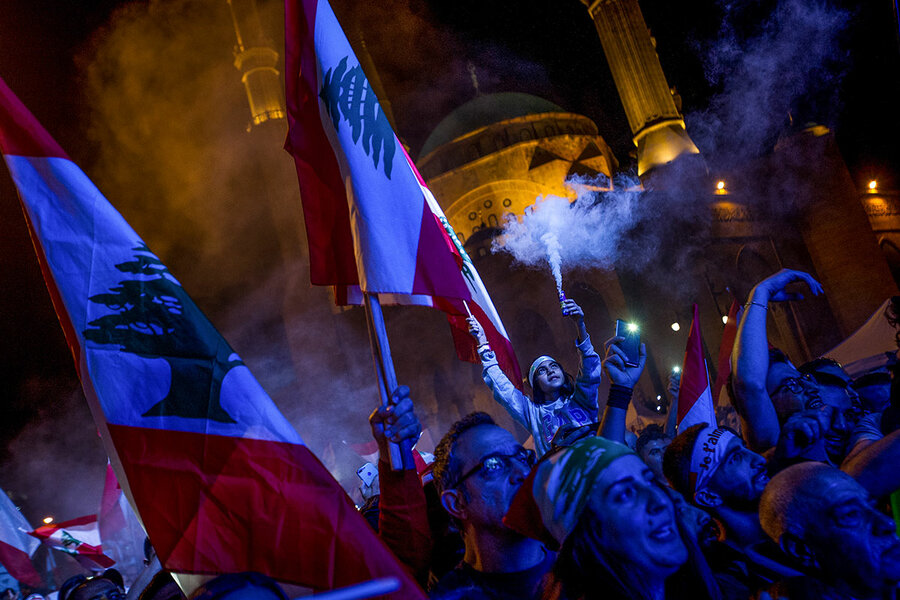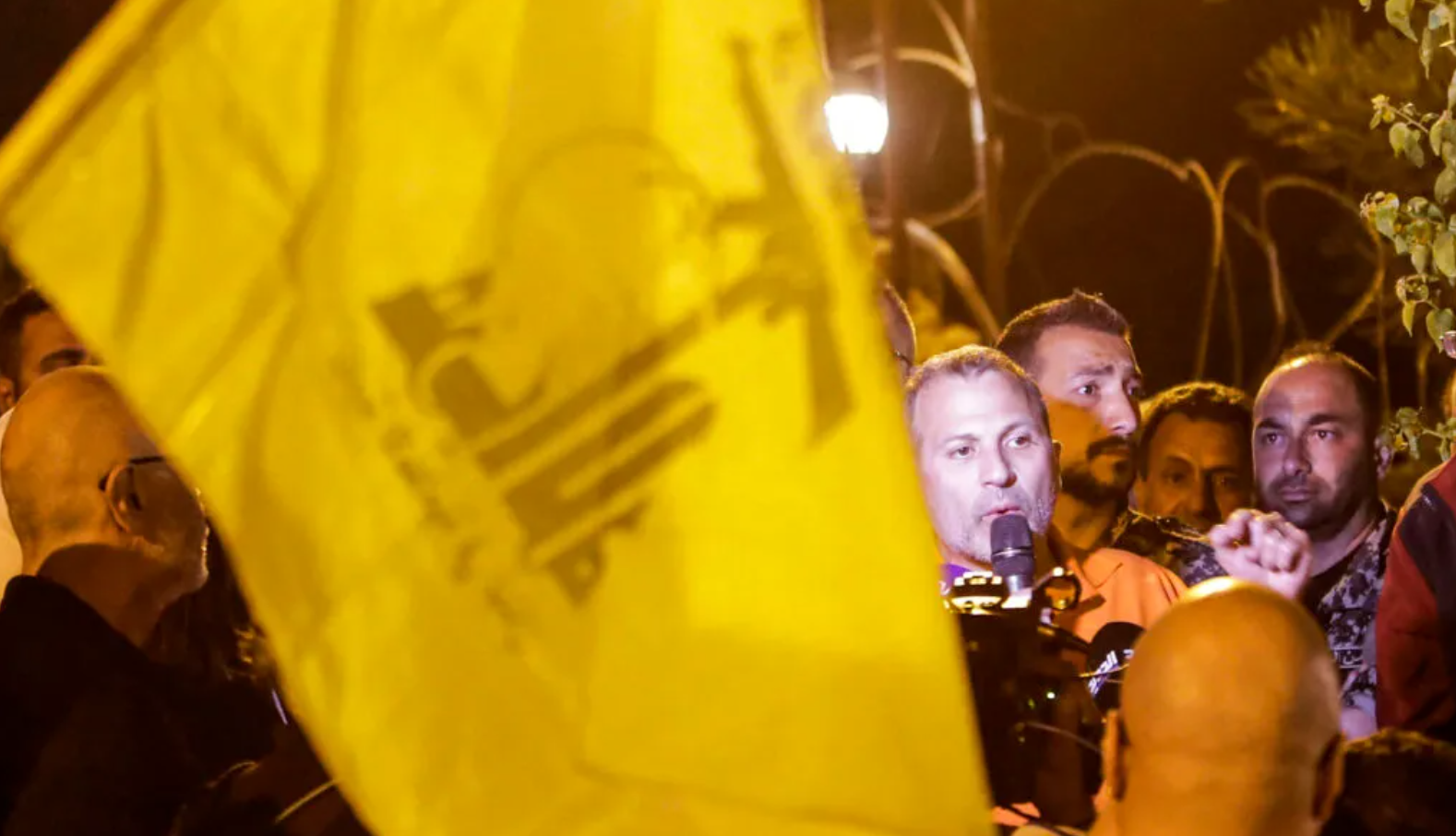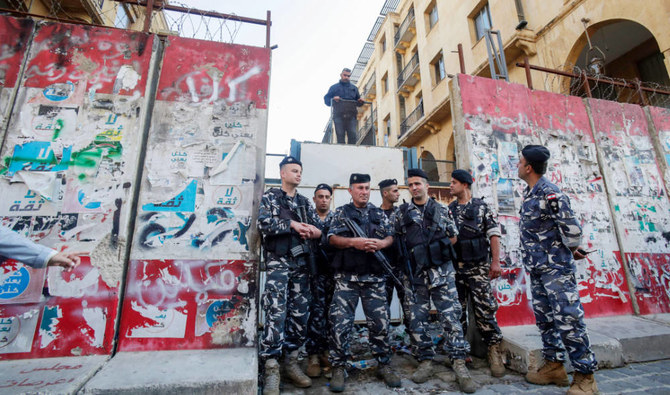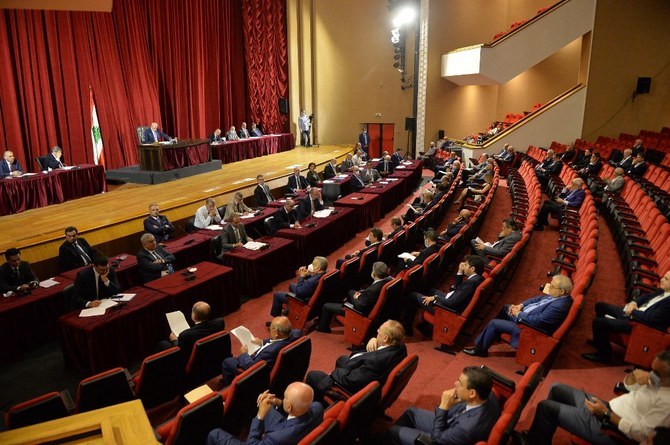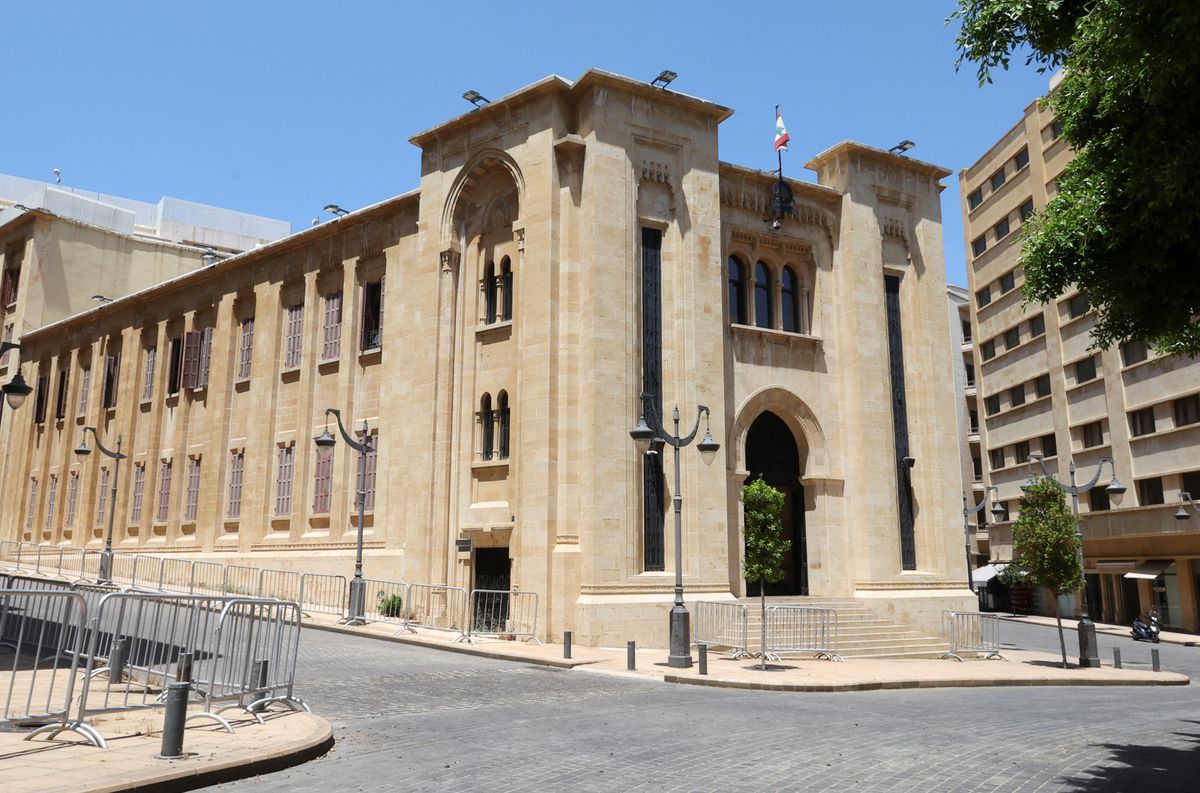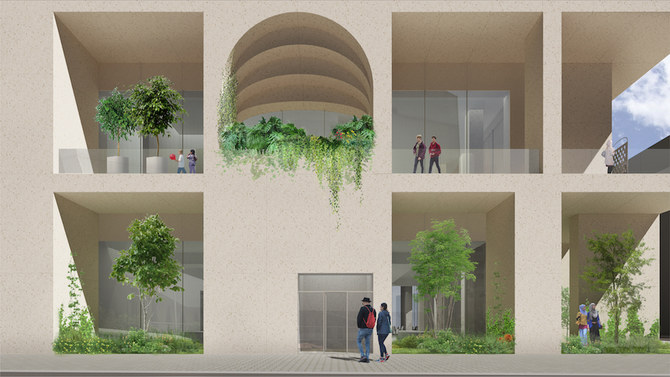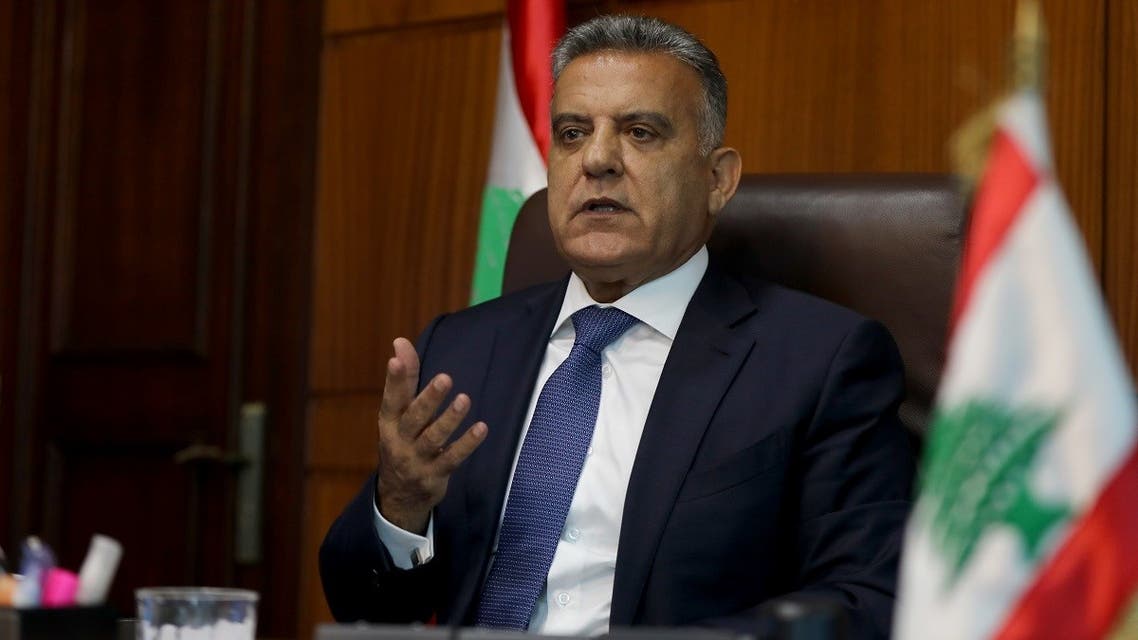
By Joyce Karam — thenationalnews.com — The head of Lebanon’s main intelligence agency has held talks with senior US officials in Washington to discuss resuming negotiations with Syria on the release of American hostages, including Austin Tice. Maj Gen Abbas Ibrahim, who heads Lebanon’s General Directorate of General Security, was flown to Washington on a private flight organised by the US government. He met with senior White House, State Department and intelligence officials in his first visit since President Joe Biden took office in January 2021. In an exclusive interview with The National on Tuesday, he said the release of Tice, a freelance journalist and former marine who disappeared while reporting in 2012, was a top item at talks.
Lebanon fosters unique role in freeing Western hostages “We discussed Mr Tice’s file and we agree that it has to make progress, but we have to see first how we can bridge the gap, how to bring the views closer between Washington and Damascus,” Maj Gen Ibrahim said. Maj Gen Ibrahim leads Lebanon’s most powerful security service after the military and has a reputation as a savvy negotiator who has helped to secure the release of US residents and citizens such as Sam Goodwin, a tourist who had been held in Syria, and Nizar Zakka, a Lebanese businessman with US permanent residency who was released from Iranian custody in 2019. He also successfully mediated the release of Canadian tourist Kristian Lee Baxter in 2019 after he was detained in December 2018 by Syrian authorities while on holiday. There is now the possibility that negotiations will pick up from where they left off at the end of former president Donald Trump’s term in November 2020. “We came very close during Mr Trump,” Maj Gen Ibrahim said.
